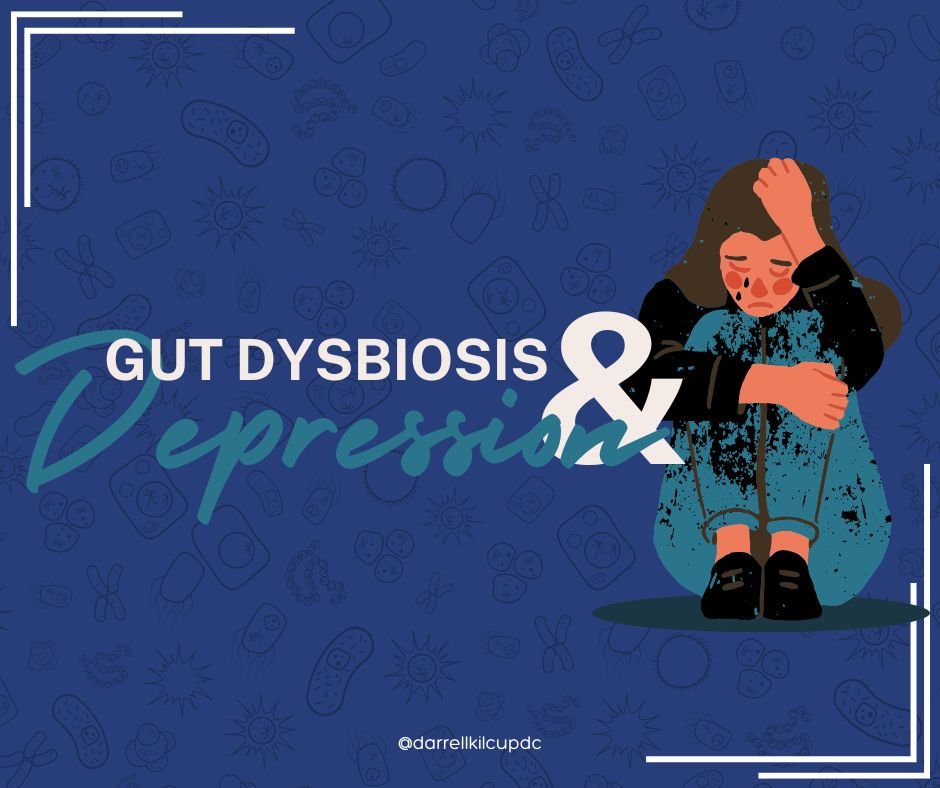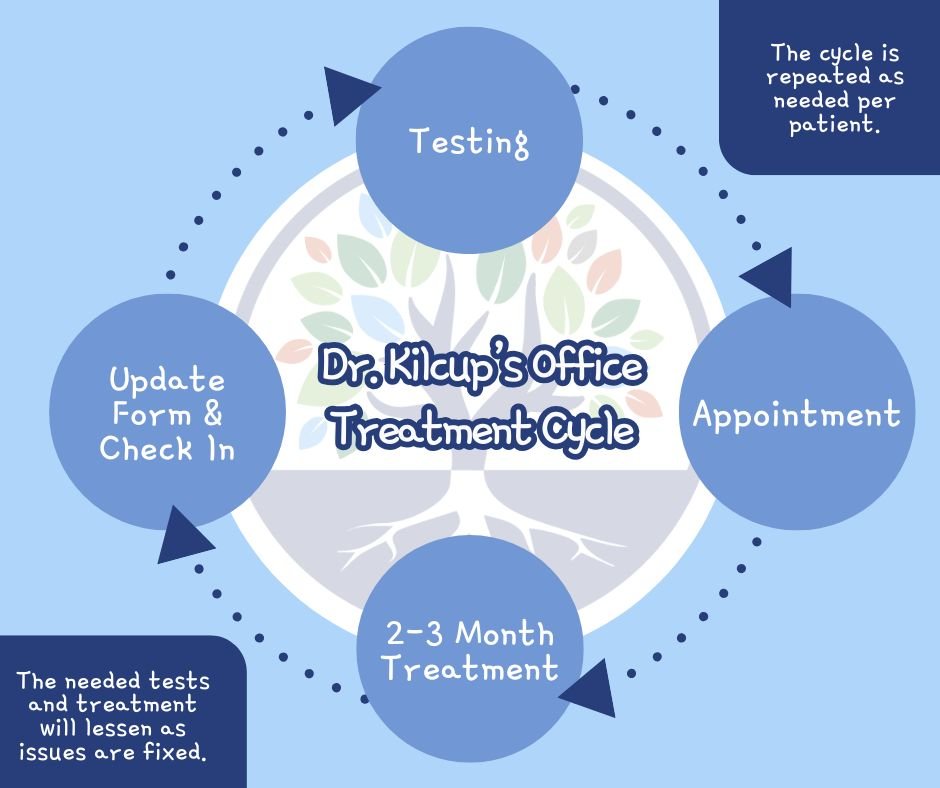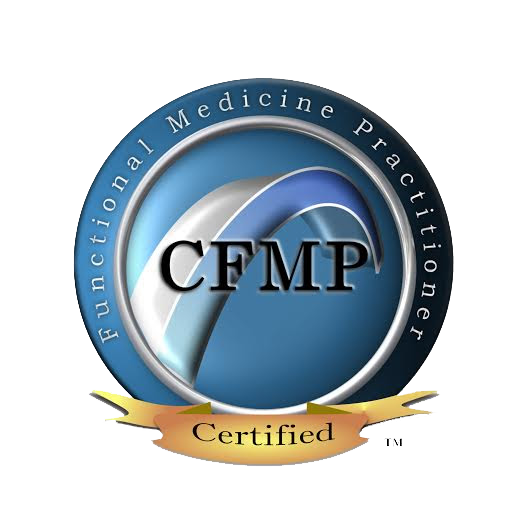
Did you know your gut could be the secret to a healthier, happier mind? Recent research has uncovered a fascinating link between gut dysbiosis and depression, revealing how the tiny microbes in your digestive system can influence your mood, brain function, and even your risk for conditions like depression. Read on to dive deeper into this mind-gut connection!
Gut Dysbiosis and Depression
The microbiome is complex, and ongoing research is uncovering how different gut bacteria affect our overall health. While we don’t fully understand every aspect yet, some things are clear:
- Our diet can significantly influence the microbiome, whether through poor food choices or allergies.
- Inflammation in the gut can spread to other parts of the body, causing chronic issues.
- There is a strong gut-brain connection, meaning that imbalances in gut bacteria can affect neurotransmitters and mental health.
Research on the Gut-Brain Connection
One recent discovery shows how a specific gut bacterium, Klebsiella aerogenes, can contribute to depression in pre-menopausal women by reducing estradiol levels. Formerly known as Enterobacter aerogenes, this bacterium was shown to break down estradiol in a study using mice, leading to depressive-like behaviors. Klebsiella bacteria are often associated with negative outcomes in hospitals and can sometimes be introduced during medical procedures.
According to a 2023 study, researchers identified an enzyme in the bacterium that breaks down estradiol. When mice were given this bacterium, their estradiol levels dropped, and they showed depressive-like behaviors. A similar link between low estradiol and depression has been observed in humans, especially in women going through menopause.
In the study, researchers compared estradiol levels in menopausal women with and without depression. They found that women with depression had lower estradiol levels. Fecal samples from these women were tested, and when incubated with estradiol, the hormone was broken down in the samples from the depressed group. A fecal transplant of these samples into mice caused the mice to exhibit depressive behavior. The researchers traced the estradiol breakdown back to Klebsiella aerogenes.
Further analysis showed that this bacterium could also degrade testosterone, linking it to depression in men. By engineering this estradiol-degrading enzyme into E. coli bacteria, researchers confirmed that it was responsible for the depressive-like behaviors in mice.
How Can You Fix Your Gut Dysbiosis and Depression?
The research highlights a groundbreaking connection between gut dysbiosis and depression, revealing how an imbalanced gut microbiome can disrupt natural hormone levels—particularly estradiol—and contribute to depressive symptoms. This underscores the importance of identifying and addressing gut imbalances to improve both mental and physical health. But how can you determine if gut dysbiosis is affecting you?
At our clinic, we utilize advanced diagnostic tools to pinpoint and address gut dysbiosis effectively. Our approach includes the GI-MAP Stool Test, Organic Acids Test, and the Small Intestinal Bacterial Overgrowth (SIBO) Test. Here’s an in-depth look at each test and what it evaluates:
Advanced Stool Test
The Advanced Stool Testing is a comprehensive stool test that provides detailed insights into your gut health. It is one of our most used tests. It checks many gastrointestinal markers. It can be used alone for most people. This test evaluates:
- Pathogenic Bacteria: Identifies harmful bacteria that may disrupt gut function.
- Parasites and Viruses: Detects common gut parasites and viral infections that contribute to dysbiosis.
- Beneficial Bacteria Levels: Assesses the balance of good bacteria essential for maintaining a healthy gut microbiome.
- Digestive Function: Measures markers like pancreatic enzyme output and bile acid metabolism, which impact digestion and nutrient absorption.
- Inflammation: Evaluates markers such as calprotectin to detect inflammation linked to conditions like IBS or IBD.
This test provides a comprehensive picture of your gut health, enabling targeted interventions to restore balance and improve overall well-being.
Organic Acids Test
The Organic Acids Test (OAT) offers a unique perspective on metabolic function by analyzing organic acid levels in urine. It tests for:
- Yeast and Fungal Overgrowth: Indicates the presence of candida or other fungi that may disrupt gut health.
- Bacterial Dysbiosis: Detects bacterial imbalances that could interfere with nutrient absorption and hormone regulation.
- Nutritional Deficiencies: Highlights deficiencies in vitamins and minerals essential for mental and physical health.
- Detoxification Markers: Evaluates your body’s ability to detoxify, which is crucial for reducing toxic burden.
- Neurotransmitter Metabolism: Assesses metabolites linked to mood regulation, providing insights into depression or anxiety symptoms.
The OAT is particularly valuable for uncovering hidden imbalances that may not be evident through stool testing alone.
Small Intestinal Bacterial Overgrowth (SIBO) Test
The SIBO test specifically evaluates the presence of bacterial overgrowth in the small intestine, which can disrupt digestion and lead to systemic symptoms. This test involves:
- Breath Analysis: Measures hydrogen and methane gases produced by bacteria in the small intestine after consuming a sugar-based solution.
- Types of Bacterial Overgrowth: Identifies whether hydrogen-dominant, methane-dominant, or mixed bacterial overgrowth is present.
- Digestive Symptoms: Correlates findings with symptoms like bloating, diarrhea, constipation, and abdominal pain.
By pinpointing the type and location of bacterial overgrowth, this test helps tailor treatment strategies to restore gut balance and alleviate symptoms.
Restoring Gut Health
Once we’ve identified the underlying causes of gut dysbiosis through these tests, we develop a personalized treatment plan. This may include targeted probiotics, dietary adjustments, and therapies to restore hormonal balance and support mental health. By addressing gut dysbiosis at its root, we can help you achieve lasting improvements in your overall mental health and well-being.
Additional Testing for Gut Dysbiosis and Depression
While resolving gut imbalances takes time, hormone and neurotransmitter testing can provide quick insights and targeted relief. These tests evaluate key factors that influence mood and energy levels, allowing us to create a plan that offers immediate support. Your gut health plays a central role in balancing hormones and brain chemicals, so addressing these imbalances in tandem ensures a comprehensive approach to improving your mental health over time.
Hormone Testing
In many cases, gut dysbiosis can be the root cause of these hormonal imbalances. The gut microbiome plays a critical role in hormone regulation by influencing the production, metabolism, and recycling of hormones like estrogen, progesterone, and testosterone. When the gut is out of balance, it can impair this process, leading to excess or insufficient hormone levels. Dysbiosis can also trigger inflammation and disrupt the gut’s ability to properly eliminate hormones, further contributing to imbalances that affect your mood.
To help identify what might be contributing to your depression, we check hormone levels. Hormones play a vital role in regulating mood, energy levels, and overall mental well-being. For example, low testosterone in men has been linked to feelings of fatigue, irritability, and depression, while imbalances in estrogen or progesterone in women can lead to mood swings, anxiety, or depressive symptoms, especially around menopause or during certain phases of the menstrual cycle.
At our clinic, we offer comprehensive hormone panels for men and women which provide a detailed analysis of your hormone levels. These tests are crucial because they help us uncover imbalances that might be contributing to your symptoms, allowing us to create a targeted plan for restoring balance and improving your mental health.
By addressing both gut health and hormone levels, we can create a more comprehensive, long-term solution to help you feel your best.
Neurotransmitter Testing
In addition to hormone testing, we also recommend neurotransmitter testing to evaluate how imbalances in brain chemicals like serotonin and dopamine may be affecting your mood. Neurotransmitters are essential for communication between brain cells and play a significant role in regulating emotions, focus, and energy levels.
When the gut microbiome is disrupted, it can impair the production and function of these neurotransmitters. For example, serotonin, often referred to as the “happy chemical,” is primarily produced in the gut. Dysbiosis can lead to lower serotonin levels, contributing to feelings of sadness or depression. Similarly, dopamine imbalances can affect motivation and reward mechanisms, further impacting mental health.
At our clinic, neurotransmitter testing provides valuable insights into these imbalances by analyzing urine metabolites associated with brain chemical production. These tests allow us to identify deficiencies or excesses in key neurotransmitters and develop a personalized plan to address them.
By addressing neurotransmitter imbalances alongside gut health and hormone levels, we offer a comprehensive approach to improving mental well-being. This ensures you receive both immediate relief and long-term solutions for sustained mental health improvement.
How Else Does Your Gut Impact Your Everyday life?
Not only can gut dysbiosis lead to depression and mental health issues, but it can also trigger physical symptoms. It may cause headaches, chronic fatigue, skin problems, digestive discomfort, or hormonal imbalances that disrupt your daily routine.
- Gut-Skin Connection: Your gut health doesn’t just affect your digestion—it can impact your skin, too. An unhealthy gut can lead to inflammation, hormonal imbalances, and nutrient deficiencies, all of which may contribute to skin issues like acne, eczema, and premature aging. By addressing gut imbalances, you can improve both your skin and overall health. READ MORE HERE
- Gut-Bone Connection: Poor gut health can affect nutrient absorption, disrupt hormone balance, and lead to inflammation, all of which weaken bone density. This will lead to osteopenia and osteoporosis is left untreated in most cases. READ MORE HERE
- Leaky Gut: If your gut imbalance, or dysbiosis, is severe or has been happening for a long time, it can weaken the cells in your gastrointestinal tract. When this happens, the gut lining becomes “leaky,” allowing toxins to pass into your bloodstream. This condition, known as Leaky Gut, can lead to symptoms like depression, fatigue, abdominal pain, bloating, diarrhea, brain fog, chronic allergy symptoms, and more. READ MORE HERE

Start Today!
Looking for help with the root cause of your Depression? We’re here to help! Located in Phoenix, Arizona, we’ve guided thousands of patients from around the world toward better health. Our Functional Medicine approach is straightforward: personalized testing, targeted treatment, and follow-up testing. We use reliable methods like blood work, stool tests, hormone testing, and toxin screenings to uncover and address the root causes of your symptoms. Let us help you take control of your health!



